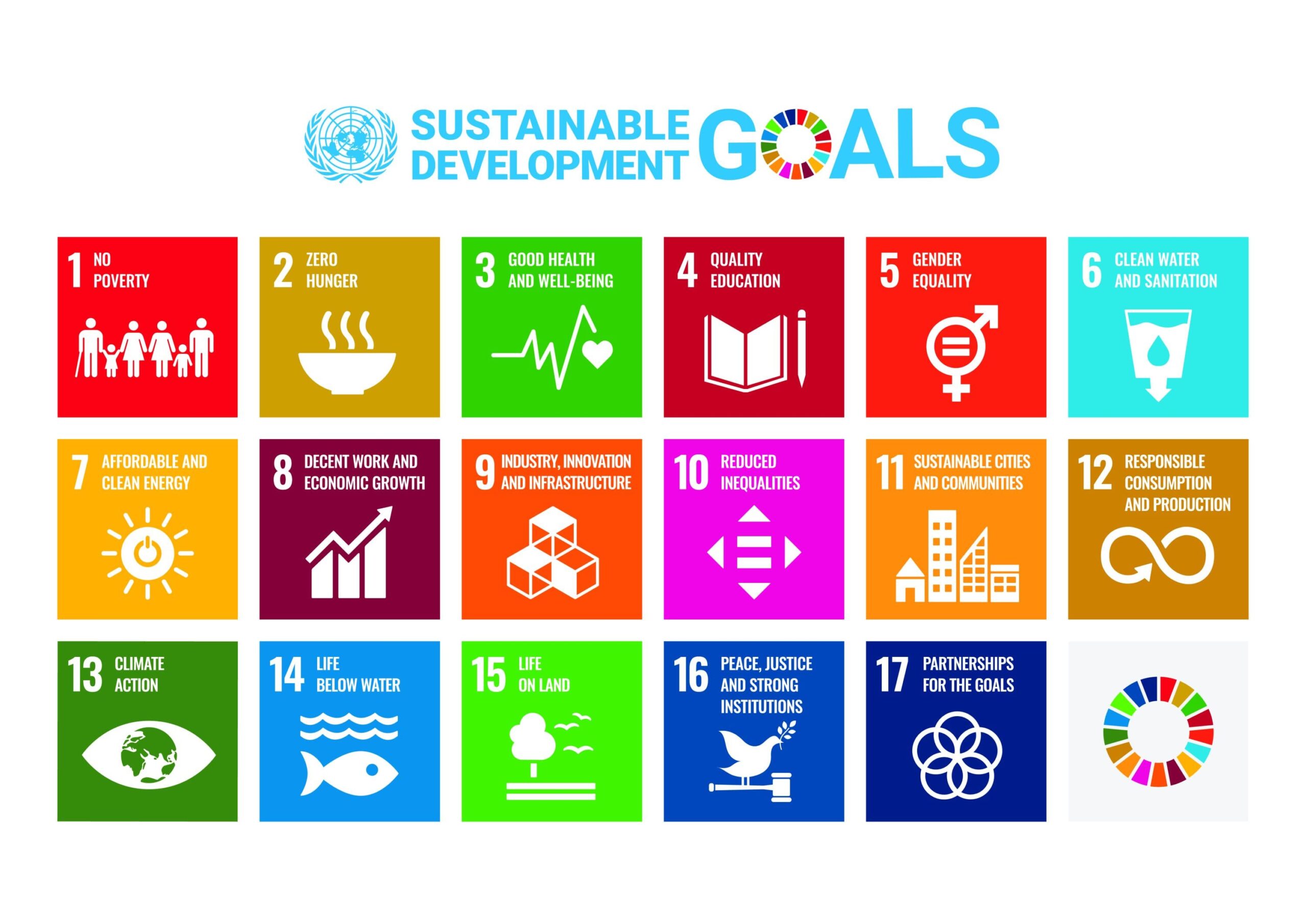Consumers and society at large are expecting more from business. There are growing calls for a reinvention of capitalism. Businesses should take note and take action!
It is 50 years since Milton Friedman wrote: ‘There is one and only one social responsibility of business – to… increase its profits’. This view has dominated management thinking, but is now under attack – from the press, government and society. Hence many companies are now embracing ‘stakeholder capitalism’.
Reinventing capitalism
In 2019, the US Business Roundtable of top CEOs committed to lead their companies for the benefit of all stakeholders – customers, employees, suppliers, communities as well as shareholders.
The World Economic Forum of business and political leaders has been beating this drum for some time. The FT – the world’s business newspaper – is on the case, calling for a ‘reset’ of capitalism. And leading business gurus are writing books such as What Matters Now and Reimagining Capitalism.
Whatever vocabulary is used – CSR, sustainability, social value, corporate citizenship etc – the fact is that this movement is growing, it is necessary, is anchored in ‘localism’ and community, and presents opportunities for business to do well by doing good.
Charity begins at home
Last year, local companies assessed themselves at just four out of 10 for social impact.Since COVID, business leaders on my local radio show Open4Business (Tuesdays 7-9pm on www.nliveradio.com) have consistently reported a more compassionate and collaborative approach. Local businesses are well placed to make a difference by making their charitable activities
- Strategic:linked to and leveraging core business
- Focused:tackling one key issue
- Local:charity begins at home
- Aligned:addressing the priority needs of the community
How? It starts with a commitment – and 70% of you say that you want to do more. There are a variety of schemes to help, many accessible for SMEs, such as the Good Business Charter. This is a simple accreditation which UK organisations can sign up to in recognition of responsible business practices.
The future of CSR is… accounting?
But the old adage is true – if you can measure it, you can manage it. IASB, the International Accounting Standards Board, is on the case, with a quiet revolution taking place in the accounting community. And you can tell something is going mainstream when the Big Four audit firms get involved!
A fast-growing global scheme is the B Corp movement, with hard numbers, scoring and benchmarking. Certified B Corporations are businesses that meet high standards of social and environmental performance, transparency and legal accountability to balance profit and purpose, accelerating a global shift to redefine business success and build an inclusive, sustainable economy.
B Corp – build back better benefits
There are nearly 4,000 B Corps around the world in over 70 countries and 150 industries. The UK has 430 certified B Corps covering 48 industries and 22,000 employees, with over 5,000 firms currently working towards B Corp status. Well-known brands such as Danone, Ben & Jerry’s and Patagonia are B Corps. But the scheme is also suitable for SMEs. Compared to all UK SMEs, surveys show that B Corp SMEs have
- Faster growth
- Higher levels of innovation
- More robust governance
- Greater community engagement
- Better employee retention, engagement and diversity
At the moment there are no certified B Corps in Northamptonshire, although several companies, such as Brixworth reusable nappies company Bambino Mio, are working towards it, through what is called a B Impact Assessment. This is a tool to measure a company’s impact on its workers, community, environment and customers.It goes through a series of questions to see what it takes to build a better business, allowing you to benchmark your results and create a customised
improvement plan.
Other frameworks exist, such as:
- GRI Global Reporting Initiative: an international CSR reporting framework for large companies, focused on what matters to society. Corby-based fruit suppliers Blue Skies report using GRI.
- SASB Sustainability Accounting Standards Board: a US-based international framework for larger companies that links CSR/sustainability with financial reporting, with industry specific guidance
- IIRC International Integrated Reporting Council: a global coalition of regulators, investors, companies, standard setters, the accounting profession, academia and NGOs that promotes communication about value creation in corporate reporting
- ISO26000 Guidance on Social Responsibility: detailed guidance drawing on the ISO management systems approach. Northamptonshire’s Scott Bader is exploring how this can help it build a more resilient company.
There are also sector-specific schemes such as the LEAF Marque (Linking the Environment and Farming). Northamptonshire’s Farrington Oils has been LEAF accredited for several years – and recently its fabulous Farrington’s Mellow Yellow rapeseed oil became the first food brand in the world to be certified as both carbon and plastic neutral.
All these frameworks now refer to the 17 UN Sustainable Development Goals – the SDGs – the umbrella reference for societal issues universally adopted by both public and private sector bodies.
The time has come
According to a recent report from KPMG, entitled The Time Has Come, 80% of the world’s top companies now report on sustainability. GRI remains the dominant global standard for sustainability reporting for quoted companies, the majority of which link their business activities with the SDGs.
But what about those with limited resources? Having reviewed the landscape of CSR-related accreditations and standards, B Corp is the most generally applicable to all firms of whatever size, sector or profile.
Knowledge transfer – grant funding available
The University can help, with Management Knowledge Transfer Partnerships (MKTPs). Designed to help expand business capability, increase efficiency and enable lasting change and growth, MKTPs link businesses with an expert academic team and a suitably qualified graduate.
This three-way partnership collaborates to deliver a strategic project, sharing expertise, experience and resources to embed knowledge and deliver growth. Collaboration is key to these partnerships, which have already transformed over 12,000 organisations, big and small, across every sector.
The scheme, applications for which close on February 19, targets growth-oriented SMEs and supports CSR strategies and target setting. MKTPs can last between 12 months and three years, and for SMEs the UK government contributes 67% of the cost. The University’s Centre for Sustainable Business Practice (CSBP) is keen to hear from local businesses and can support your application.
Charity sector – at risk
Since the 2008 crash and more recently COVID, the not-for-profit sector has been under increasing strain with greater demand for its services as funding dwindles. Some national statistics and projections:
- 58% of charities are cutting services in response to COVID yet 59% say demand has increased
- 19% have made redundancies and 23% expect to do so, with 60,000 job cuts expected
- Funders are making cuts such as one in four staff redundancies at Comic Relief
- Half the UK’s smaller charities expect to close within 12 months
Locally, the signs are worrying. Voluntary Impact Northamptonshire (VIN) reports a potential 18% closure rate inside 12 months. With 3,000-plus charities across the county, that’s over 600 charities at risk. The issue is that they are reliant on public sector funds which have been declining since 2008.
So, a move towards independence is vital. Corporates hold the key to an independent future. It is clear that society’s most challenging problems cannot be solved by government and non-profits alone. The private sector needs to help – and thus ensure for themselves a healthy business environment.
The private and charity sectors mostly speak different languages. There is a need to bring the two together, to work in ‘cross-sector social partnerships’ for greater impact – and to fill the gap left by cuts in social services.
Cross-sector social partnerships need energy, drive and coalition building – and they need business skills and resources. The Lieutenancy and the University are keen to facilitate more effective communication and collaboration between the public, private and not-for-profit sectors in a way that – as stated above – is strategic, focused, local and aligned.
Rise to the challenge!
As we start the new year, we hope more firms will take up the challenge, engage with B Corp or one or other of the frameworks mentioned above, draw on government support for MKTPs and harness their charitable activities to address the county’s biggest social challenges.
COVID has increased attention on the conduct of companies. A harsh light has been shone on the negative aspects of capitalism, which is both our greatest source of prosperity and progress – and the greatest threat to it.
This is not simply a social and environmental agenda. It is about creating the conditions for long-term business success.
There are beacons of light in the county, exemplar companies leading the way. With funding available, why not make your New Year’s resolution to join them and reap the benefits of a stronger, more resilient and respected company? Your community needs you!
To discuss any of the above, contact Adrian via adrian.pryce@northampton.ac.uk














